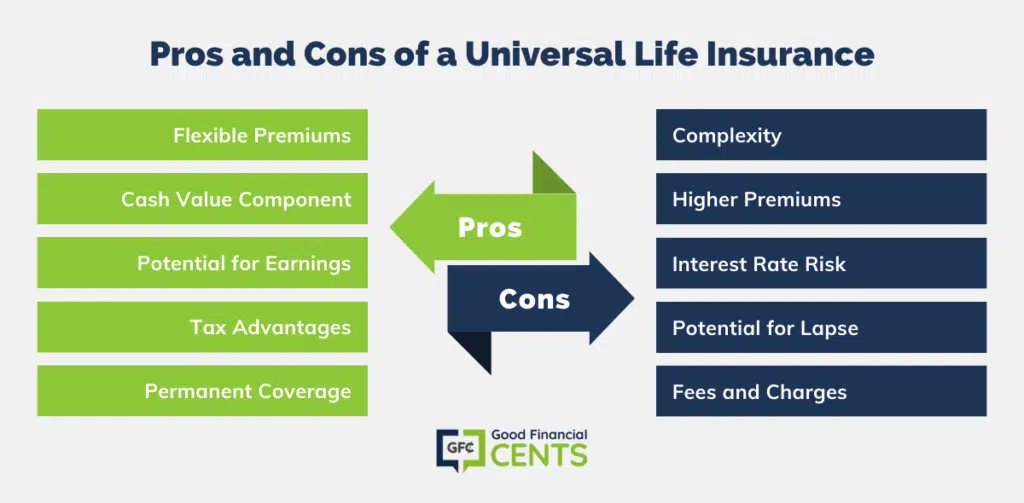All Categories
Featured
Table of Contents
1), typically in an attempt to defeat their group averages. This is a straw male debate, and one IUL folks enjoy to make. Do they contrast the IUL to something like the Lead Total Amount Stock Market Fund Admiral Show no tons, an expenditure proportion (EMERGENCY ROOM) of 5 basis points, a turn over proportion of 4.3%, and an exceptional tax-efficient record of distributions? No, they compare it to some terrible proactively handled fund with an 8% tons, a 2% EMERGENCY ROOM, an 80% turnover proportion, and a terrible document of temporary resources gain circulations.
Mutual funds commonly make yearly taxed circulations to fund owners, even when the worth of their fund has gone down in worth. Shared funds not only call for revenue reporting (and the resulting annual tax) when the shared fund is increasing in worth, however can also impose income tax obligations in a year when the fund has gone down in value.
That's not exactly how common funds work. You can tax-manage the fund, gathering losses and gains in order to reduce taxed circulations to the investors, yet that isn't somehow going to transform the reported return of the fund. Only Bernie Madoff types can do that. IULs stay clear of myriad tax traps. The ownership of mutual funds may need the shared fund owner to pay approximated tax obligations.

IULs are simple to place to ensure that, at the owner's death, the beneficiary is not subject to either earnings or estate tax obligations. The exact same tax obligation reduction strategies do not function virtually too with mutual funds. There are many, typically pricey, tax traps related to the timed trading of shared fund shares, traps that do not relate to indexed life insurance policy.
Opportunities aren't extremely high that you're going to undergo the AMT due to your shared fund circulations if you aren't without them. The rest of this one is half-truths at ideal. For example, while it is true that there is no revenue tax due to your heirs when they inherit the earnings of your IUL policy, it is also true that there is no income tax obligation due to your successors when they acquire a mutual fund in a taxed account from you.
Universal Life Rates
The government estate tax obligation exemption limitation mores than $10 Million for a pair, and expanding yearly with inflation. It's a non-issue for the huge majority of physicians, much less the remainder of America. There are far better means to avoid inheritance tax issues than buying investments with low returns. Mutual funds might cause earnings tax of Social Safety and security advantages.

The development within the IUL is tax-deferred and may be taken as free of tax income via car loans. The policy proprietor (vs. the mutual fund supervisor) is in control of his/her reportable revenue, therefore allowing them to reduce and even get rid of the taxes of their Social Security benefits. This set is fantastic.
Right here's another very little concern. It's true if you buy a shared fund for state $10 per share simply prior to the circulation date, and it disperses a $0.50 distribution, you are after that going to owe tax obligations (possibly 7-10 cents per share) despite the truth that you have not yet had any gains.
But in the end, it's really regarding the after-tax return, not just how much you pay in tax obligations. You are going to pay more in taxes by utilizing a taxed account than if you get life insurance coverage. However you're also possibly mosting likely to have more money after paying those tax obligations. The record-keeping needs for having shared funds are considerably more intricate.
With an IUL, one's records are kept by the insurer, copies of yearly statements are sent by mail to the owner, and circulations (if any) are totaled and reported at year end. This one is also sort of silly. Naturally you should maintain your tax documents in instance of an audit.
Iul Master
Barely a reason to get life insurance. Mutual funds are typically component of a decedent's probated estate.
Furthermore, they go through the delays and costs of probate. The profits of the IUL policy, on the various other hand, is always a non-probate circulation that passes outside of probate straight to one's named beneficiaries, and is therefore not subject to one's posthumous creditors, unwanted public disclosure, or comparable delays and expenses.
We covered this one under # 7, yet simply to summarize, if you have a taxable shared fund account, you should put it in a revocable count on (or perhaps less complicated, make use of the Transfer on Fatality classification) to avoid probate. Medicaid disqualification and lifetime earnings. An IUL can supply their proprietors with a stream of income for their whole lifetime, despite exactly how lengthy they live.
This is beneficial when arranging one's affairs, and converting possessions to revenue before a retirement home confinement. Mutual funds can not be transformed in a similar way, and are often taken into consideration countable Medicaid properties. This is one more stupid one supporting that bad people (you understand, the ones that need Medicaid, a federal government program for the inadequate, to pay for their nursing home) should use IUL as opposed to mutual funds.
Side Fund Life Insurance
And life insurance policy looks terrible when compared rather versus a pension. Second, people that have cash to acquire IUL over and past their pension are mosting likely to have to be horrible at managing cash in order to ever qualify for Medicaid to spend for their nursing home prices.
Chronic and terminal illness motorcyclist. All plans will enable a proprietor's very easy accessibility to money from their plan, often waiving any type of surrender penalties when such people experience a serious health problem, require at-home care, or end up being confined to a retirement home. Common funds do not provide a similar waiver when contingent deferred sales fees still relate to a shared fund account whose proprietor requires to offer some shares to fund the expenses of such a keep.
Cap Life Insurance
You obtain to pay even more for that benefit (biker) with an insurance policy. Indexed universal life insurance coverage offers fatality benefits to the beneficiaries of the IUL owners, and neither the owner nor the beneficiary can ever shed cash due to a down market.
I certainly don't need one after I get to monetary freedom. Do I desire one? On standard, a buyer of life insurance coverage pays for the true price of the life insurance coverage benefit, plus the prices of the policy, plus the revenues of the insurance company.
Cost Of Insurance Increase Universal Life
I'm not completely certain why Mr. Morais included the entire "you can't shed money" once again here as it was covered rather well in # 1. He simply wished to repeat the most effective marketing point for these points I mean. Again, you do not shed nominal dollars, yet you can lose real dollars, in addition to face major opportunity expense because of reduced returns.
An indexed universal life insurance policy policy proprietor may exchange their policy for a completely different plan without triggering earnings tax obligations. A mutual fund proprietor can not move funds from one mutual fund company to an additional without selling his shares at the former (thus triggering a taxable occasion), and repurchasing brand-new shares at the last, typically based on sales fees at both.
While it is real that you can trade one insurance plan for an additional, the factor that individuals do this is that the initial one is such a dreadful policy that even after getting a new one and going with the very early, unfavorable return years, you'll still appear ahead. If they were offered the appropriate plan the very first time, they shouldn't have any kind of need to ever trade it and experience the very early, unfavorable return years again.
Table of Contents
Latest Posts
Iul Calculator
Universal Reinsurance System
My Universal Insurance
More
Latest Posts
Iul Calculator
Universal Reinsurance System
My Universal Insurance